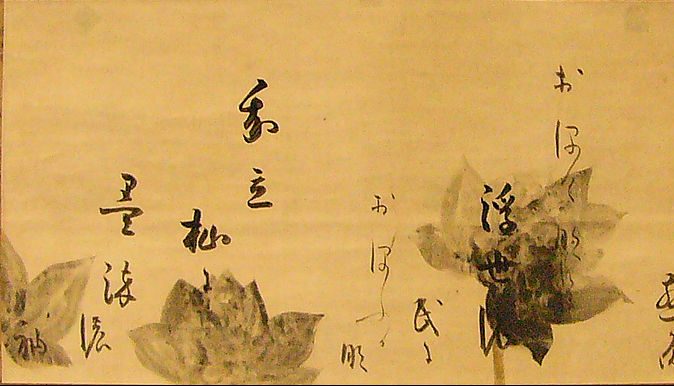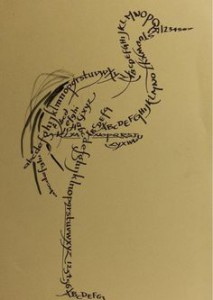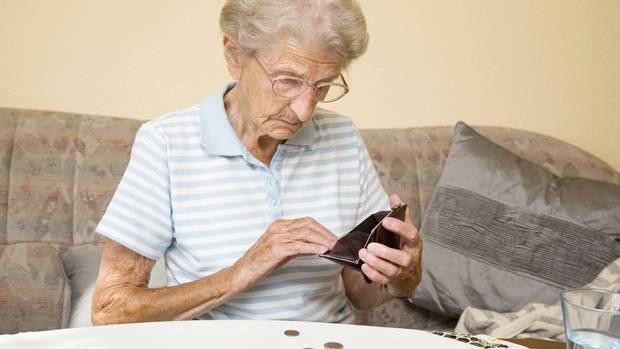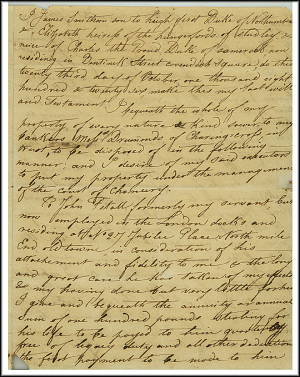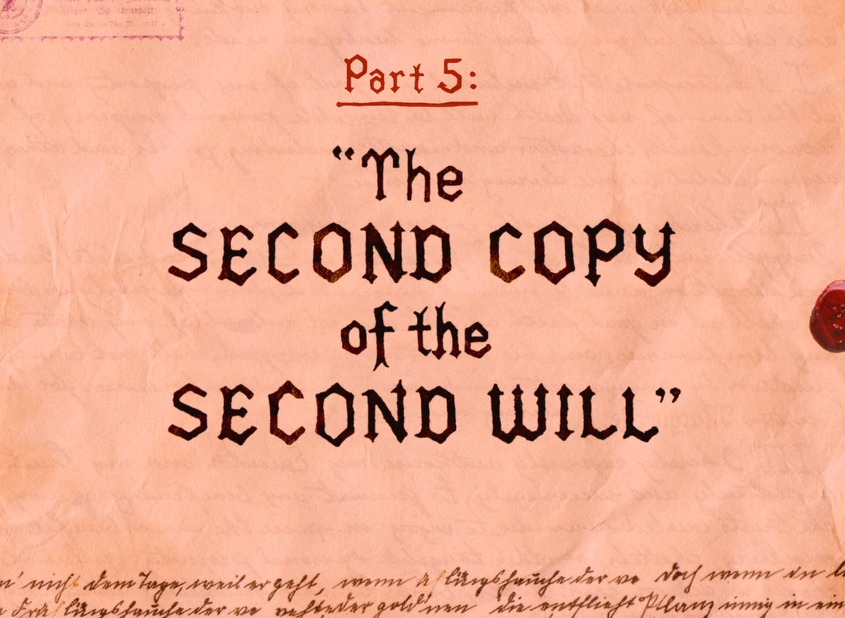If you want to be environmentally responsible to the very end, “green” burial is gaining in popularity. There’s even an association to promote the practice.
The frightening environmental impacts of cremation are well-described in this article: Should I be buried or cremated?
Green burial eliminates the need for embalming, heavy preservation-oriented sealed caskets and much of the pomp and circumstance around funerals. As importantly, green burial grounds are being used in conjunction with restoration planning and conservation management techniques. According to Joe Sehee, writing for PERC, the Property and Environmental Research Centre in Bozeman, Montana, allocating a forest as a green burial cemetery is “a powerful new tool for protecting endangered habitat at a time when innovative, market-based solutions are sorely needed.”
What your remains are buried in can have environmental consequences too. Consider the dyes and chemicals in many fabrics. You could even consider the impacts of cosmetics, soaps and medications such as antibiotics you may have been using or taking.
Another “last thing” you can do for the environment is to bequeath something to a charity, cause or project you believe in. If you choose to do this in your Will, be sure the party preparing it names of the organization exactly, including in their business number, e.g. The Bruce Trail Conservancy, BN 119217578RR0001.
Green burial grounds use only natural markers that don’t intrude on the landscape. These natural markers can include shrubs and trees, or a flat indigenous stone, which may be engraved. As in all cemeteries, there are careful records kept of every interment, mapped with a GIS (geographic information system).
Geo-caching is a interesting technology that is seeping into the culture. Imagine your ashes being geo-cached somewhere in the Canadian Shield, a small cairn someplace distant but not unreachable, so visiting them would be an adventure for your loved ones.
Even Anglicans are cottoning on to it: “geo-caches may be a good way to encourage visitors into our churchyards.”
Perhaps in our perfectly ecologically-balanced future, we will journey, or our bodies will be delivered, far into the vast Canadian wilderness where our solar powered, 100% decomposable phones will broadcast a final signal: “Lat: 52° 11′ 8.1918″ Long: -86° 50′ 9.3732 – Peace out.”
Geographical coordinates seem to be all we have left of Louis XIV.
In Ontario there are three certified green burial sites: Union Cemetery in Cobourg Ontario, Meadowvale Cemetery in Brampton Ontario, and Duffin Meadows Cemetery in Pickering, Ontario.
 In 1952, David Brown started building this house on Kootenay Lake in B.C. entirely out of glass embalming fluid bottles, saving 500,000 of them from the landfill.
In 1952, David Brown started building this house on Kootenay Lake in B.C. entirely out of glass embalming fluid bottles, saving 500,000 of them from the landfill.

